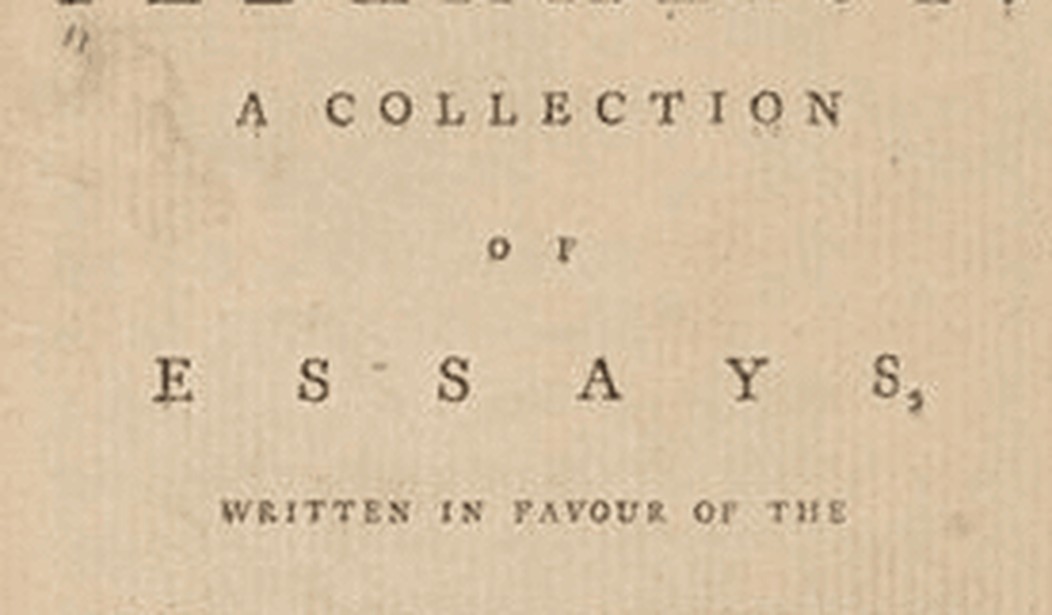The Federalist, published in two volumes in 1788, originated as a series of articles which appeared in the New York press between October 1787 and August 1788. The immediate aim of the articles was to win public support for ratification of the new Constitution:
“[The Federalist Papers weave] together enduring reflections on human nature and the principles of political freedom to show Americans — then and now — why their true interests lie in embracing and defending the Constitution.” — Peter Berkowitz
The Federalist Papers Simplified is an online guide intended for those interested in expanding their knowledge regarding the foundations and underpinnings of the U.S. Constitution. Since understanding all eighty-five papers is a daunting task, this Guide offers two simpler levels along with an intensive advanced-level review. The three options:
- The overview and introductory level will help readers understand the basic relationships of the Federalist Papers to the major constitutional events. They will learn the eight categories of Federalist Papers, and will examine the three most important papers as suggested by the Federalist Society.
- The intermediate level examines twenty-one papers, and also introduces the reader to key anti-federalist papers. (The interplay between pro- and anti-federalist arguments, often called “The Great Debate,” along with the ratification process all occurred from the fall of 1787 to the summer of 1788.)
- The advanced level reviews all eighty-five Federalist papers.
The Federalist Papers Simplified is free. All you have to do is register for the Freedom Academy Book Club (registration is free) and list any three books that you read in 2013, 2012, or earlier. Click here.
Below, some samples of the content:
— What are the Eight Categories of the 85 Federalist Papers, and when were they published?
— What is the relationship of the dates of publication of the Federalist Papers to the Ratification Dates of the thirteen States?
— In the intermediate level of The Federalist Papers Simplified, twenty one papers are recommended for reading:












Join the conversation as a VIP Member